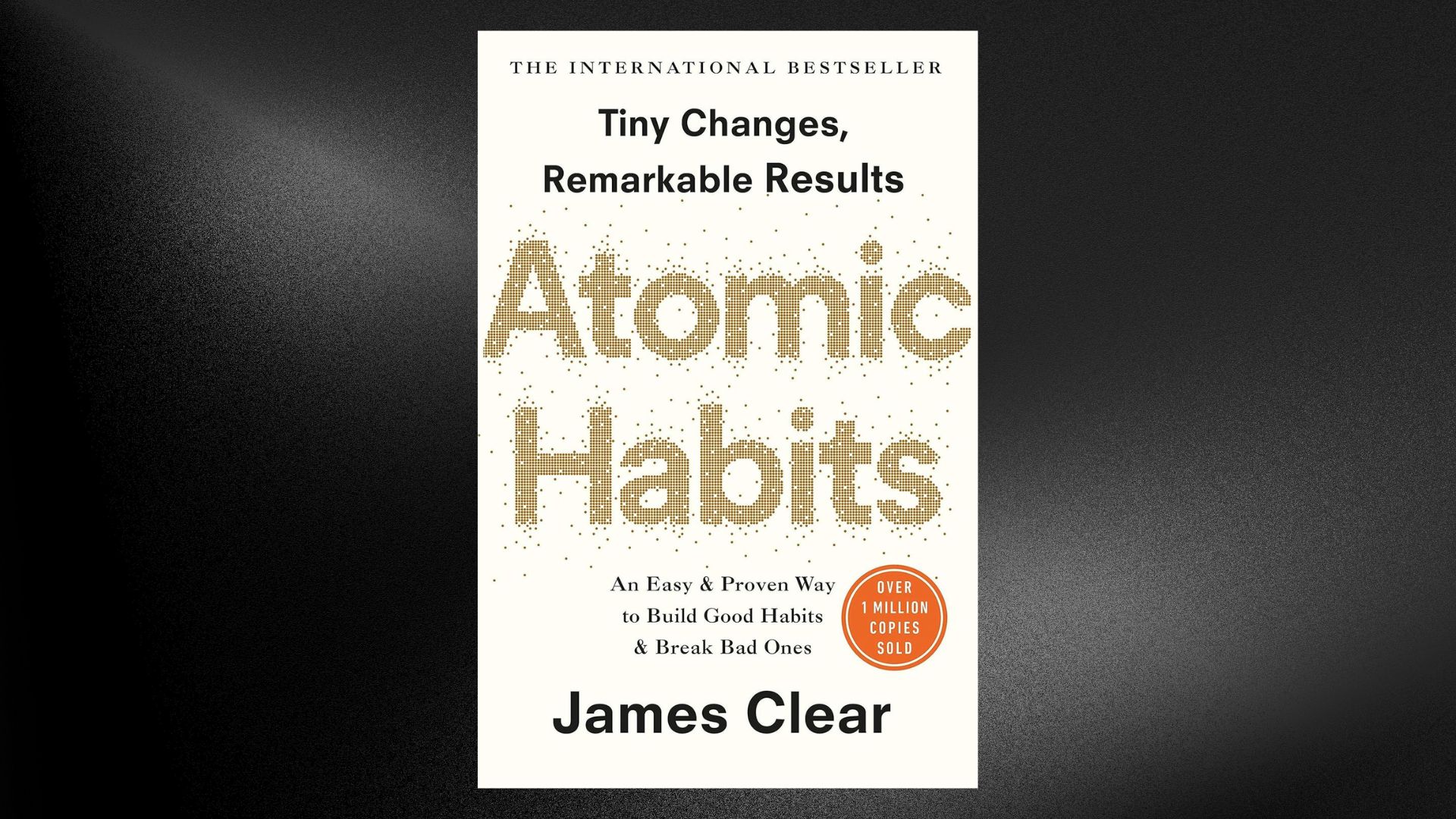
If you’re honest, you probably can’t remember the last time you ended the week feeling rested. Your calendar’s a collage of meetings, errands, favors, and “quick things” that somehow consume entire evenings. You’ve tried time-blocking, to-do lists, even late-night productivity sessions. But there’s always something else to say yes to.
You’re not alone. Most high-capacity people don’t burn out from lack of ambition. They burn out from lack of boundaries.
Here’s the hard truth: every yes costs something.
When you say yes to another project, another errand, another “can you just help with this one thing,” you’re quietly saying no to the margin that keeps you sane.
If you want to reclaim your rest time, you have to learn how to say no—at work, at home, and to yourself—with grace, confidence, and clarity. Let’s walk through what that actually looks like.
Why It’s So Hard to Say No at Work
The first place it usually shows up is work. You might be the dependable one, the person everyone knows can get it done. The problem is that reputation becomes a magnet for more. One colleague swings by your desk or drops into your DMs with, “Hey, can you take a look at this for me?” and before you know it, your afternoon is gone.
Here’s how to change that dynamic without creating friction: take a deep breath before you respond. You don’t have to give an immediate yes every time.
Say something simple, like, “I’m at capacity right now, but let’s revisit this after the presentation next week.”
That one sentence does two things—it sets a clear boundary and buys back your focus. You’re signaling that you’re committed to quality, not constant availability.
Many Christians are so committed to being loving and selfless that they sometimes overlook their own limits, leaving room for others to overstep or take advantage of their generosity. In Boundaries, Dr. Henry Cloud and Dr. John Townsend share biblically grounded principles for taking ownership of your life and learning when to say no. Their approach helps readers set healthy, God-honoring boundaries in every relationship — with parents, spouses, children, friends, coworkers, and even themselves.
How to Set Boundaries at Home Without Guilt
Then you leave the office—or close your laptop—and the boundaries blur again. You get home, and someone in your household asks if you can run one more errand, help with one more task, or say yes to one more family event you don’t actually have energy for. It’s easier to agree than to disappoint, so you do it. But that quiet resentment that follows? It’s your body’s way of asking for balance.
Here’s the shift: instead of defaulting to yes, pause and say, “That weekend’s packed for me. Can we plan it for next month when I’m less stretched?”
You’re not rejecting the person—you’re protecting the relationship from the burnout version of you that shows up when you’re overextended.
How to Turn Down Work Requests Professionally
Back at work, the next test of boundaries might come disguised as an opportunity. A senior leader asks you to join a new committee or take on a “stretch assignment.” It sounds exciting, but deep down, you know it’ll derail the progress you’re already making on more important work.
That’s where courage comes in. You can decline without closing doors.
Try, “I appreciate you thinking of me. Right now I want to focus on finishing our current initiative strong, but I’d love to revisit opportunities like this next quarter.”
Sometimes, you can’t say no. The project is yours. The request comes from your boss. The responsibility sits squarely on your shoulders. In those moments, you can’t decline — but you can define the terms.
You might respond with something like:
“This is an important priority, and I’m fully on board. To make sure I deliver it well, I’ll need to adjust a few other commitments. Can we review which deadlines or meetings can shift so I can give this the focus it deserves?”
This communicates partnership instead of pushback. These answers keep your credibility intact and your schedule clear enough to actually do what you’ve already committed to.
How to Say No to Personal Obligations and Still Stay Connected
Then there’s the other kind of opportunity, the personal one that looks harmless but chips away at your margin. A friend invites you to a Saturday volunteer project. You want to support them, but it’s your first free morning in two weeks. Say yes, and you’ll show up physically but feel drained emotionally.
This is where learning to say no becomes a practice in honesty.
You might say, “I love what you’re doing, but I need that morning to rest and recharge. Please keep me posted on the next one.”
It’s not rejection. It’s recognition that you can’t pour from an empty cup.
Why Work Boundaries Protect Your Energy
During the week, boundaries can get tested in small, sneaky ways too. A manager schedules a meeting outside your normal hours. You tell yourself it’s “just this once,” but suddenly, those exceptions become expectations. The fix? Decide on your work hours, then stick to them.
If something falls outside that time, you can respond with, “I’m offline after six, but I’ll take a look first thing tomorrow.” When you model boundaries, others begin to respect them.
How to Handle Family Requests Without Overcommitting
At home, it might look like this: your kid’s school needs volunteers again. You’ve already baked for the fundraiser, helped with field day, and sponsored a table. You want to show up, but you’re running on fumes. You look at the form, hesitate, and this time, you pass. You close the tab and let yourself feel the discomfort of saying no. Then, later that weekend, you realize you have the energy to actually be present with your family. That’s what reclaiming rest feels like. Less obligation, more presence.
Overcoming the Guilt of Saying No
Even with solid boundaries, though, there’s one last challenge: the guilt. Saying no can feel selfish, especially if you’re used to being the one who holds everything together. But here’s the truth most high achievers forget: Rest isn’t earned; it’s required.
You’re not saying no because you don’t care. You’re saying no because you finally do.
And the person who benefits most from that? Everyone around you. You show up rested, focused, and capable of giving your best instead of your leftovers.
Start Small and Reclaim Your Rest
So start small. Say no once this week to a request, a meeting, a social event, or even a self-imposed task that is not a high-stakes situation. Use that pocket of time for something restorative—a walk, a nap, a meal without multitasking. Then do it again next week.
Boundaries aren’t walls. They’re gates. And every time you close one, you make space for peace to walk back in.






